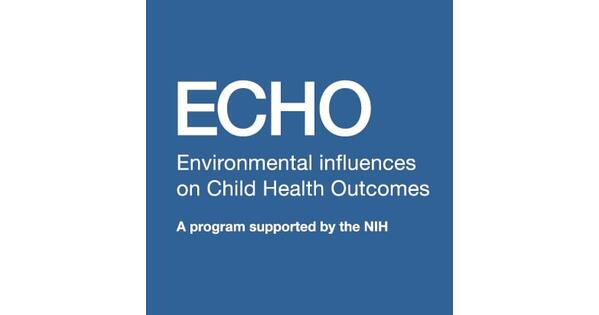DURHAM, N.C., June 7, 2023 /PRNewswire/ — Exposure to per- and polyfluoroalkyl substances (PFAS) during pregnancy was linked to slightly higher BMIs and an increased risk of obesity in children, according to new research funded by the Environmental influences on Child Health Outcomes Program (ECHO) at the National Institutes of Health.
“There is a growing interest in understanding the effects of PFAS exposure on children’s health,” said Joseph Braun, PhD, of Brown University. “Studies like this one can help researchers and policymakers better understand the risks of PFAS to take effective actions to protect vulnerable populations.”
The researchers analyzed the levels of seven different PFAS in blood samples collected from mothers during pregnancy. These so-called “forever chemicals” are long-lasting substances that can be found in many household materials, as well as food and drinking water.
Researchers then calculated each child’s BMI, an approximate measure of body fat. Higher levels of PFAS in mother’s blood were related to slightly higher BMIs and increased risk of obesity were seen equally for male and female children.
The study used data collected over two decades from 1,391 children between the ages of 2 and 5 years and their mothers who were enrolled in eight ECHO research sites in California, Illinois, Massachusetts, Colorado, New Hampshire, Georgia, and New York.
Future studies will examine the associations between maternal PFAS exposure and obesity-related health outcomes in older children.
Dr. Braun and Yun Liu, PhD, ECHO Program investigators at Brown University, led this collaborative research published in Environmental Health Perspectives.
About ECHO: ECHO is a nationwide research program supported by the NIH. Launched in 2016, ECHO aims to enhance the health of children for generations to come. ECHO investigators study the effects of a broad range of early environmental influences on child health and development. For more information, visit echochildren.org.
About the NIH: NIH, the nation’s medical research agency, includes 27 Institutes and Centers and is a component of the U.S. Department of Health and Human Services. NIH is the primary federal agency conducting and supporting basic, clinical, and translational medical research, and is investigating the causes, treatments, and cures for both common and rare diseases. For more information, visit www.nih.gov.
SOURCE NIH Environmental influences on Child Health Outcomes (ECHO) Program


